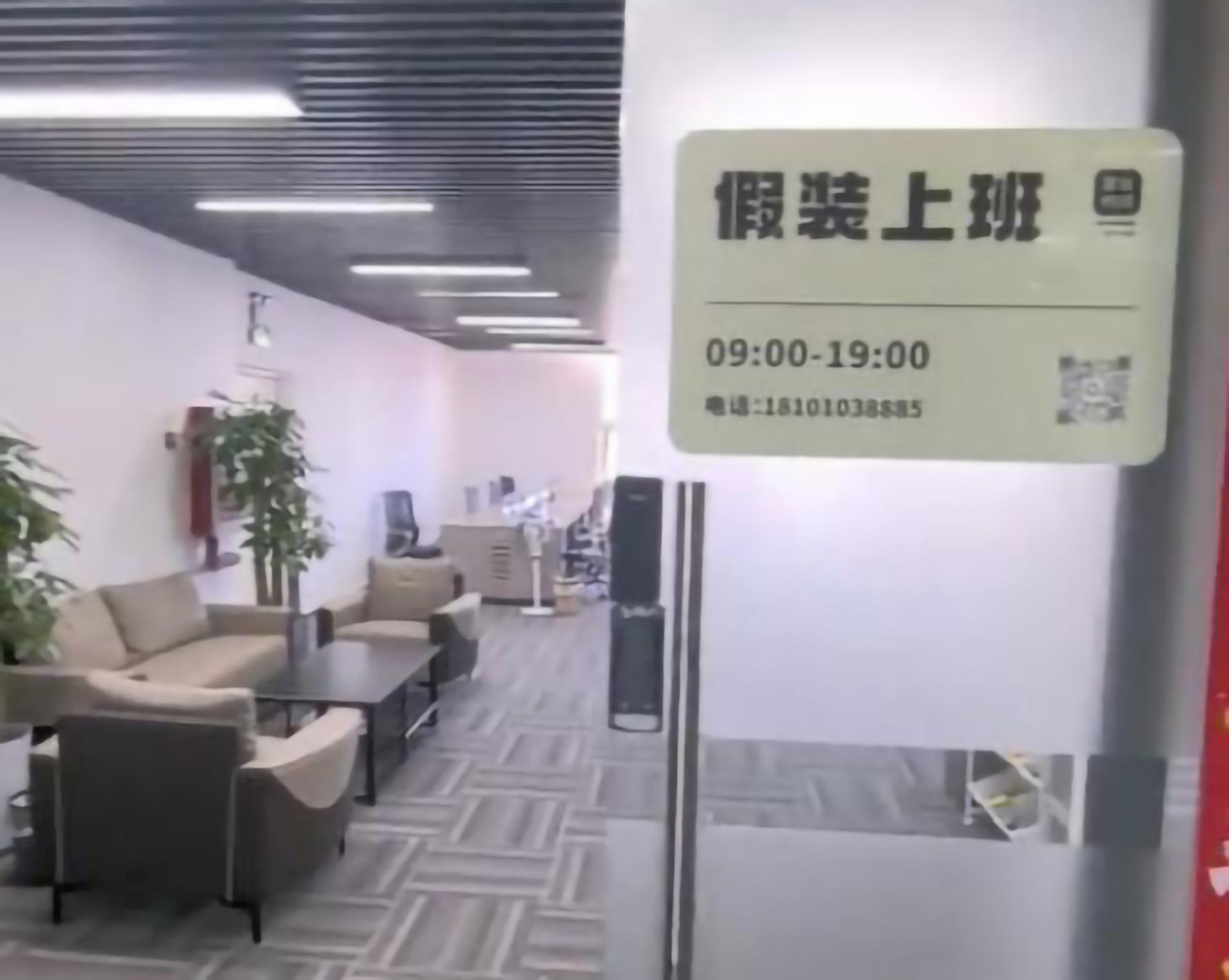A new "pay-to-work" model has recently emerged in China, where unemployed individuals only need to pay 30 yuan (about 17 Ringgit) per day to "pretend to go to work" in a fully equipped office. This phenomenon has sparked heated discussions on social media.
According to Chinese media reports, a company in Hangzhou has launched a "workplace experience service" that provides a standard workstation, free snacks, and an air-conditioned environment. After paying the fee, unemployed youth can sleep in and don't need to clock in for work; they can leave whenever they like, spend the whole day surfing the internet, watching series, or take "workplace photos" to show their parents and avoid nagging about not finding a job.
This "dream job" mode, which only costs 30 yuan a day, has quickly become popular among young people. The company has recruited 40 people within two months of its founding.
In addition to the unemployed, entrepreneurs, self-media workers, and students preparing for exams are also main customers. For example, a "pretend to go to work" company in Beijing offers professional photography equipment, editing software memberships, as well as live-streaming courses, and has already attracted more than 20 residents. Some netizens say that if you're starting a business, going to "pretend to go to work" is really cost-effective because you don't need to buy your own computer, set up internet, enjoy air conditioning, and don't have to spend money on photography equipment or pay for editing software memberships.
However, some companies are also extending their services to cover contributions to social security or issue fake internship certificates. Legal experts warn that such actions may constitute falsification of employment relationships, potentially violating the Labor Contract Law, and remind people not to participate in illegal activities.
Amid voices in support such as "cheaper than renting an office" and "30 yuan is worth it for some peace and quiet," there is also skepticism: "Long-term self-deception may worsen job skills." Human resources experts recommend that young people should face gaps in employment head-on and make use of government training resources to improve their skills.
